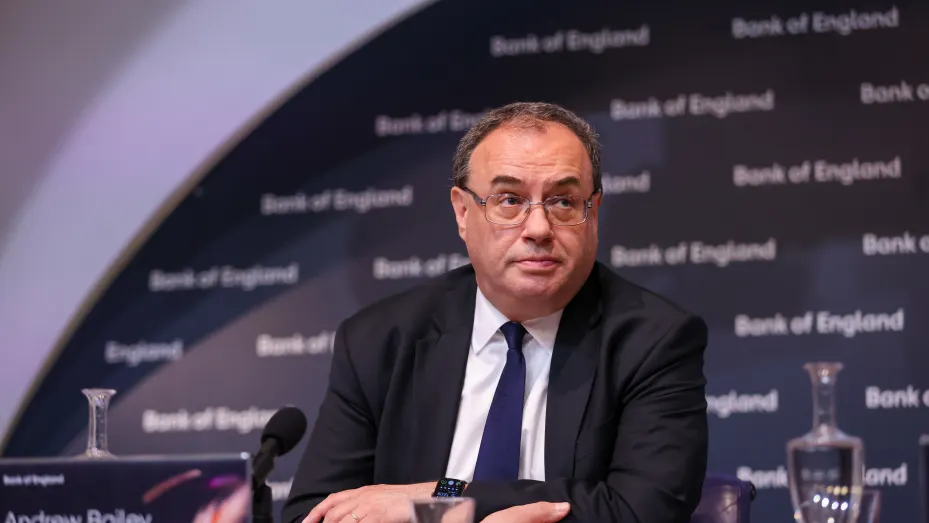
The Bank of England hiked its interest rates for the fifth time in a row on Thursday.
The Monetary Policy Committee voted 6-3 to raise the Bank Rate by 25 basis points, with three members voting against it.
The Monetary Policy Committee said in a statement Thursday that it will take the actions necessary to return inflation to 2% in the medium term, with the scale, pace and timing of any further hikes depending on the economic outlook and inflationary pressures.
The Bank said that the Committee would be particularly alert to indications of more persistent inflationary pressures.
Shortly after the announcement, the pound fell against the dollar.
While the U.K. faces a cost of living crisis, policymakers face an unenviable task of bringing consumer prices back under control.
The Bank raised its base rate by 25 basis points in May but warned that the British economy could fall into recession.
The U.K. inflation hit a 40-year high in April as food and energy prices spiraled. The Bank expects inflation to rise in October due to higher projected household energy prices.
The war in Ukraine and supply fears in agricultural commodities have led to a surge in inflation. There have been disruptions in the supply chain as a result of the Pandemic.
Domestic factors such as a tight labor market and the pricing strategies of firms have also played a role in the excess inflationary pressure.
Consumer services price inflation is more influenced by domestic costs than goods price inflation. Core consumer goods price inflation in the United Kingdom is higher than in the euro area and the US.
The U.K. will be the weakest G-7 economy next year as a result of higher interest rates, tax rises, reduced trade and other factors, according to the Organisation for Economic Co-operation and Development.